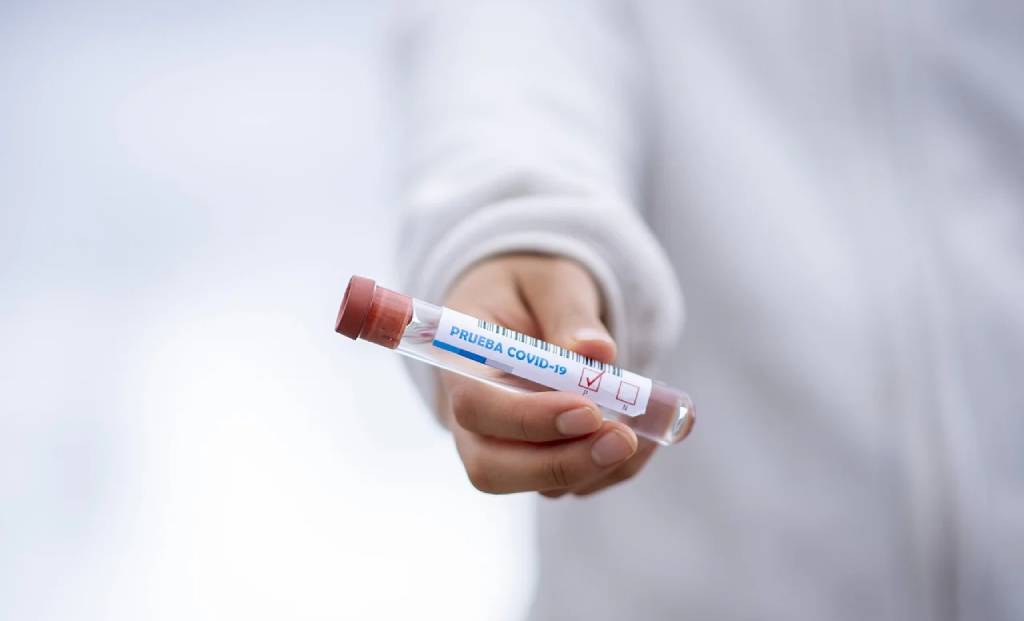We are still in the initial stage of completely understanding the COVID-19. More and more studies are needed to understand the coronavirus and how it affects our bodies. One such study has found that there are chances that coronavirus may cause hidden damage to the lungs that are not detected with routine tests. The study discovered lung abnormalities in long COVID-19 patients suffering from breathlessness. In order to pick up lung abnormalities in coronavirus patients who have not been hospitalised but still experience breathlessness, researchers used a novel xenon gas scan method.
Breathlessness is one of the most common symptoms in most long COVID-19 patients, but so far there was no clarity whether this is linked to other factors such as changes in breathing patterns, tiredness, or something more fundamental.
The Explain study, which is a pilot study involving 36 patients, has suggested that there is significantly impaired gas transfer in the lungs to the bloodstream in long COVID-19 patients – despite other tests including CT scans coming back normal.
“We knew from our post-hospital COVID-19 study that xenon could detect abnormalities when the CT scan and other lung function tests are normal. What we’ve found now is that, even though their CT scans are normal, the xenon MRI scans have detected similar abnormalities in patients with long COVID-19,” said Fergus Gleeson, the study’s chief investigator.
“These patients have never been in hospital and did not have an acute severe illness when they had their COVID-19 infection. Some of them have been experiencing their symptoms for a year after contracting COVID-19,” said Gleeson, who is also a professor of radiology at the University of Oxford and consultant radiologist at Oxford University Hospitals NHS Foundation Trust.
According to the professor, there were several crucial questions to answer such as how many patients with long COVID-19 will have abnormal scans, the significance of the abnormality that has been detected, the cause of the abnormality, and its longer-term consequences.
“Once we understand the mechanisms driving these symptoms, we will be better placed to develop more effective treatments,” Gleeson said.
The study, which involved teams of researchers from Oxford, Sheffield, Cardiff and Manchester, had 36 participants split into three groups. The full study will recruit around 400 participants.

